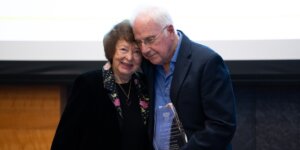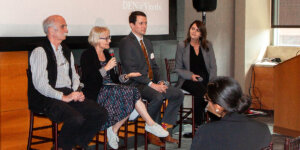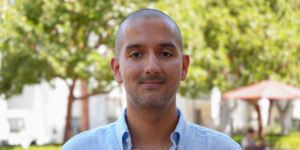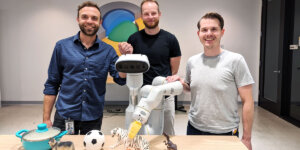
Graduating senior in the Alfred E. Mann Department of Biomedical Engineering, Rachel.Amir Chatman. Image/Rachel.Amir Chatman.
Rachel.Amir Chatman has an ambitious life mission: How do we create technology that is both socially responsible and ethical?
The graduating biomedical engineering senior at USC Viterbi School of Engineering has been taking the lead in organizations like ShiftSC, to ensure that our future technologies prioritize accessibility, fairness and human-centered values.
Chatman’s path toward ethical technology began during a pivotal high school experience when she shadowed an audiologist at Stanford. “Seeing how these cochlear implant devices helped patients made me want to create technologies that improve the quality of life for underserved or vulnerable patients,” said Chatman.
That drive inspired Chatman to pursue biomedical engineering at USC. But her dedication goes far beyond academics. Chatman is a co-founder and former president of ShiftSC, USC’s student-led organization that promotes and leads the conversation around ethical technology. ShiftSC analyzes concerns around emerging technologies like virtual reality, artificial intelligence and racial bias in medical devices, promoting the need for human-centered design principles in all aspects of engineering.
“Students are so focused on just getting good grades and creating functional products, they don’t always consider the social implications of what they’re building,” Chatman said. “At ShiftSC, we want to change that mentality and ensure future engineers prioritize human-centered design principles from the start.”
The group has also illuminated startling examples of healthcare disparities, like the ways in which “race correction” is built into the development of spirometers — the devices that measure the movement of air into and out of the lungs. Historically, spirometers have been shown to underdiagnose lung disease in Black patients based on the false premise that they have higher lung capacity.

Rachel.Amir Chatman co-founded ShiftSC to promote ethical technology. Image/Rachel.Amir Chatman.
“These aren’t just one-off examples. There are deeply ingrained biases built into tools that impact peoples’ lives,” Chatman stressed. “We have to confront these issues head-on.”
“We want students to not only learn how to create amazing technologies but consider the social implications – who their products serve, if they’re accessible and treat all patients fairly,” Chatman explained.
Her work with ShiftSC has made her a passionate advocate for building these ethical considerations into the engineering curriculum.
In addition to ShiftSC, Chatman has made her mark reviving USC’s National Pan-Hellenic Council (NPHC) of Black Greek letter organizations, which went dormant during the COVID-19 pandemic. As its current president, she oversees over 100 members across eight Black Greek organizations at USC.
“It was challenging bringing together distinct groups with different missions,” Chatman says. “But by hosting service events, membership intakes, and social fellowships, I’ve worked to foster unity around our common vision of uplifting the Black community.”
Chatman’s NPHC role has complemented her ethically-minded engineering work. “It’s made me more open-minded about not just following the traditional path,” she reflected. “I always try to explore other avenues, just like ShiftSC does.”
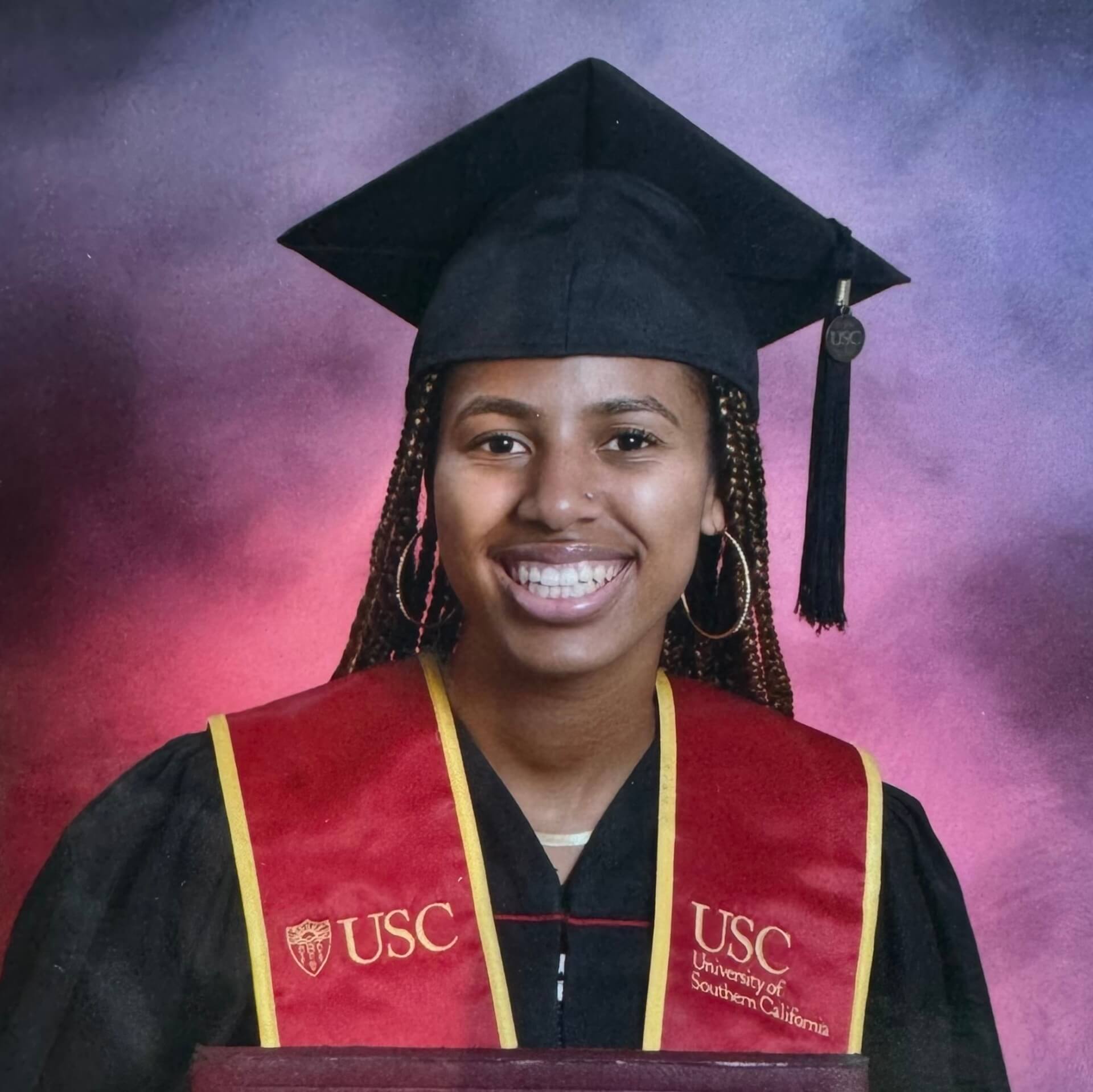
Rachel.Amir Chatman revived USC’s National Pan-Hellenic Council of Black Greek letter organizations. Image/Rachel.Amir Chatman.
Juggling engineering coursework with multiple leadership positions is undoubtedly demanding, but Chatman derives energy from her passions. “The work I do is so fun and very meaningful,” she said. “When you take a step back, you feel refueled to keep going.”
Her most rewarding experience has been the opportunity to help drive a movement. “I’m proud to have been a leader advocating for socially responsible tech,” Chatman said. “It’s something I hope more people adopt because it’s so important.”
After graduating, Chatman will intern at Edwards Lifesciences in R&D engineering before returning to USC for her master’s. Long-term, she hopes to move into engineering leadership roles, where she looks forward to putting her extensive skills to the test.
No matter where her career path leads, Chatman remains committed to prioritizing ethical technology. “ShiftSC allowed me to learn about new passions like AI ethics and digital wellbeing,” she said. “I want to keep advocating for products that truly benefit all people.”
Through her impressive initiatives at USC, Rachel.Amir Chatman has emerged as a rising voice for humanizing the technology of tomorrow. Her story underscores the powerful impact student leaders can have in shaping a more ethical future.
Published on May 10th, 2024
Last updated on June 25th, 2025




